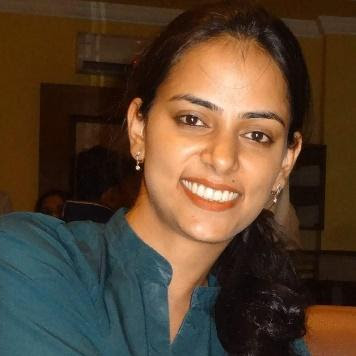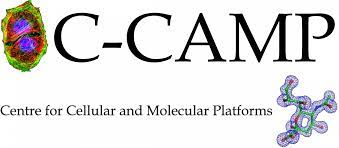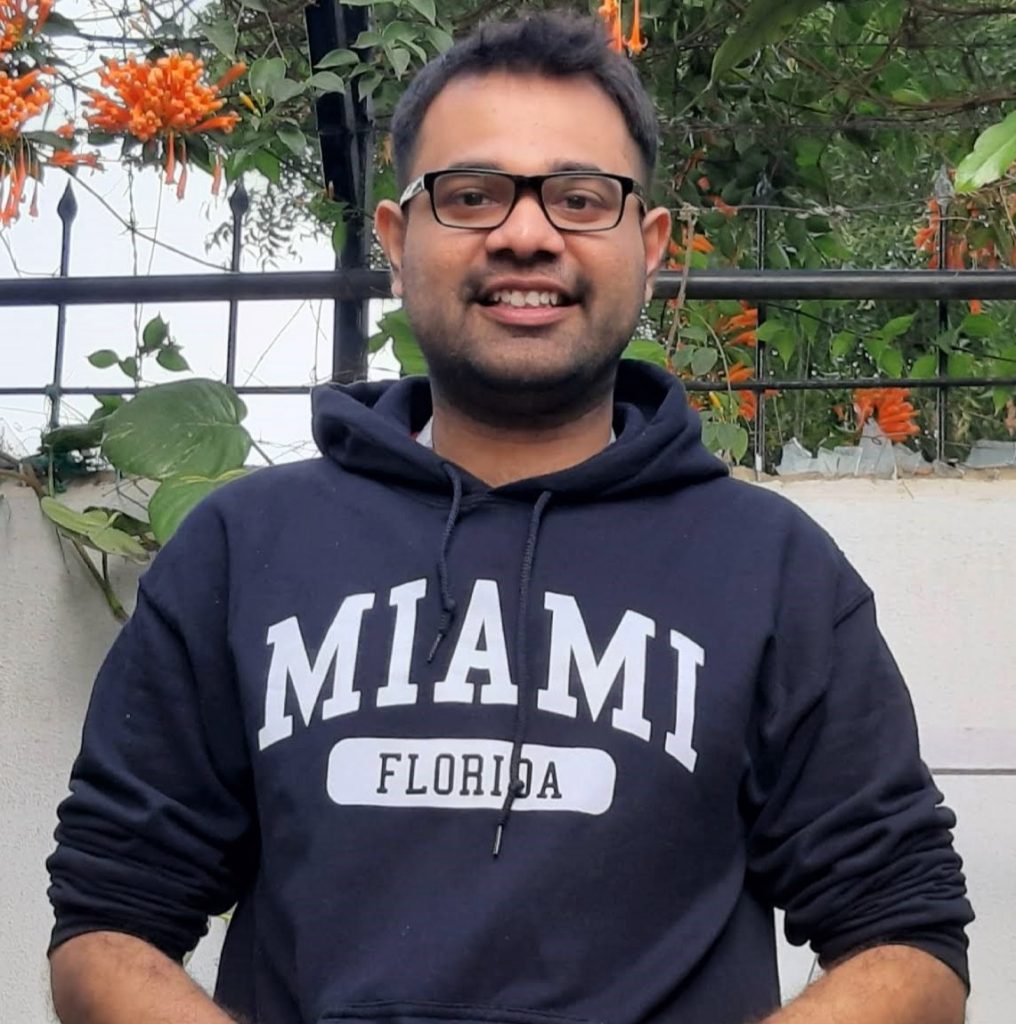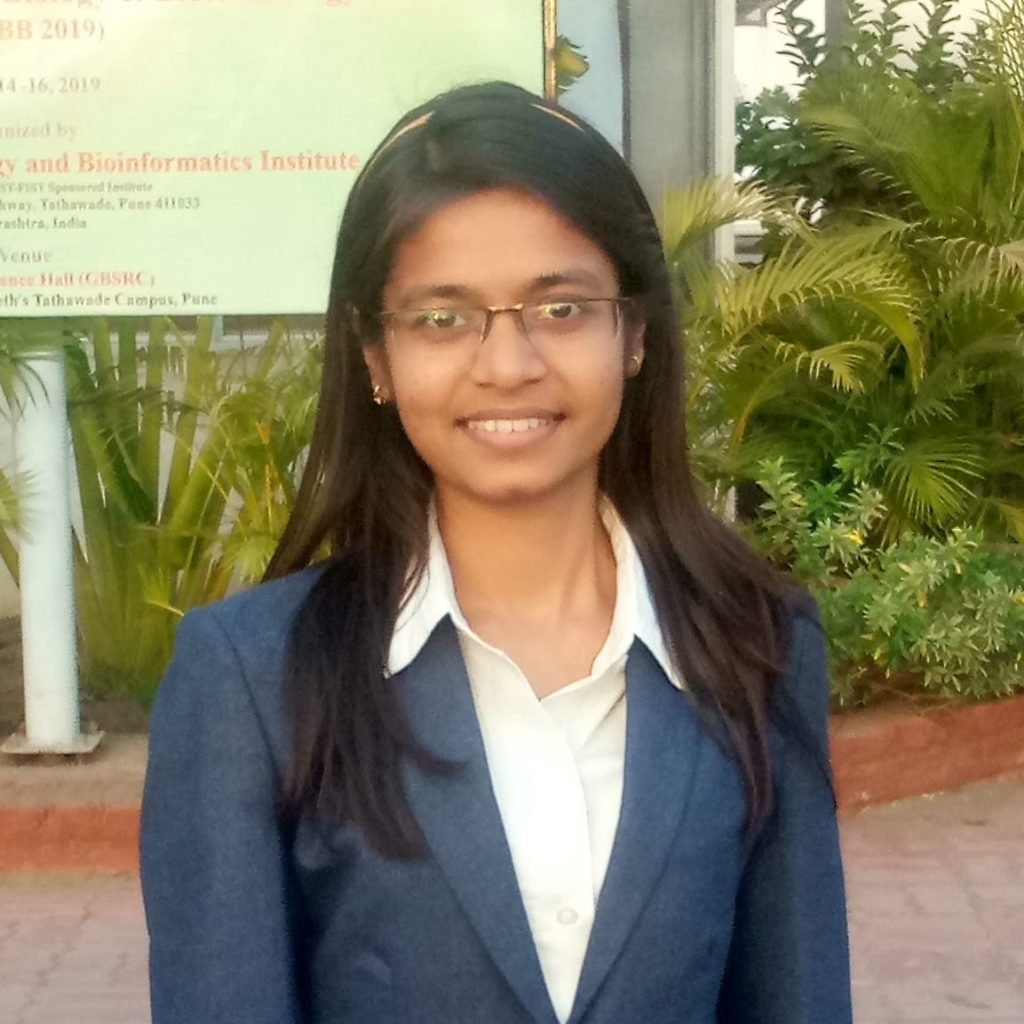What’s your background?
I was born in Varanasi, and raised in the lovely city of Shillong, Meghalaya, India. My father was a professor in the Zoology department at North-Eastern Hill University, Shillong, so I was naturally drawn to life sciences. Initially, I wanted to become a doctor, but I couldn’t pass the entrance exams. Instead, I chose to pursue biotechnology, as I believed it was a growing field. I then got my Bachelor’s and Master’s in Biotechnology from Banasthali University, Rajasthan. Afterward, I enrolled in a PhD program at IIT Guwahati. In addition to my academic accomplishments, I have had the opportunity to engage in post-doctoral and teaching work. Presently, I am employed as a Program Manager at C-CAMP. In addition to my studies, I have an avid enthusiasm for sports such as Cricket and Badminton. Furthermore, I relish visiting new destinations and enjoy travelling.
Why did you move away from academia?
I decided to leave academia because my interest in research had waned. I still wanted to stay involved in the sciences but felt that I was better suited to management and administrative roles as I enjoyed such roles since my college days. This thought was furthered when I attended the Level I & II Workshop for Women in Science Administration and Management’ in 2017 and 2018 at IISER Pune. This helped me to gain an insight into the possibilities available beyond academia and hook me up with key contacts. Following this workshop, I knew that science administration and management was where I wanted to focus my career. I broadened my knowledge across multiple fields while working as a postdoc for UDSC and CNR-Nanotec in Italy, as well as teaching. Due to my pregnancy and the pandemic, I moved back to India in 2020. I took this time to look after my baby and consider my next steps. I eventually got an opportunity to work as an intern at the Research Development Office at NCBS before joining my current role.
Is there anything you miss about academia?
No.
How did you get this job? Did you face any challenges when considering a move away from academia or applying for the role?
I was considering a move away from academia when I applied for this job, and I definitely faced challenges along the way. Specifically, I had to deal with two challenges: a) not having any relevant work experience; and b) taking a break from my career.
I had put in an application like many others but went on to do an internship at the Research Development Office (RDO) at NCBS first. My parents were perplexed as to why I had to take on an internship despite having an extensive PhD and post-doctoral experience. Nevertheless, I decided to start from somewhere as I needed to enter the ecosystem and thankfully, I got the opportunity to do so. Not long after starting my internship, I was emailed about my application to C-CAMP, and I went through 3 rounds of interviews before eventually getting the offer.
What motivated you to/why did you choose the sector you transitioned into?
I am very enthusiastic about positions that involve both administrative and managerial duties. I enjoy connecting with people and being in charge of organizing events, which I am able to do in my current role. It is a stimulating atmosphere where I can express my talents while still keeping up with the latest advances in science happening across the nation.
Did you think you had the skills required for your current position before you started? Were you right?
Yes, I was confident that I had the necessary abilities for my current job before I started it. Although I am receiving instruction from my colleagues to become more familiar with the task’s complexities, I am sure I possess the basic skills for my current role.
How did your PhD prepare you for your current job? For example, what were the transferable skills that you developed during your PhD that are most relevant to your current job?
My PhD has given me an enhanced capacity to think critically and analyze problems in an in-depth manner. Therefore, I am able to provide answers to people who come to me with queries regarding their proposals. Furthermore, I have honed my multitasking and meticulousness during my PhD, which are both invaluable skills that I use frequently in my current job.
Have you built a network before your transition to industry? How it helped you in the process?
I found conversing with others to be enormously beneficial when transitioning. I wanted to familiarize myself with the new environment and the only way to do so was by speaking to the right people. This gave me a better understanding of what was expected of me in my new role and helped me prepare myself accordingly.
Do you have Mentors who helped you in making the right career decisions?
I did not have an official mentor, but I consulted with people in my network to gain insight into the job and my choices. In addition, my family has always been an invaluable source of support and guidance in making the right decisions.
Did you have any preconceptions about your sector that proved to be wrong?
I used to believe that it would take some sort of special training to be able to enter this field, however, my enthusiasm to learn and the fact that I was interested in the area was enough to get me started.
Can you describe a typical week in your job?
A week in the grant process can vary from being quite hectic to more relaxed. On days when I’m up against a deadline, I’m usually running around trying to get everything done. But there are also days that are more laid-back, where I can enjoy a leisurely cup of coffee without any stress.
What is the workplace culture like? Please include comments on work-life balance, flexibility, remote working?
I’m very appreciative of the work environment here; I have the freedom to manage my own time and my superiors are understanding of my need to care for my 2-year-old daughter. This allows me to have an appropriate work-life balance. I work within the office hours and use the rest of the day to spend with my family.
Do people with a PhD frequently get hired in the company/sector?
Yes, almost all my team members have a PhD.
What are your favourite parts of your job?
I enjoy interacting with people, participating in, and organizing events the most.
What are your reflections on your career path?
If you want something you will eventually get it, provided you keep working on it.
Do you have any advice for current graduate students and postdocs considering a career outside of academia?
Start by researching and exploring different career paths and ask yourself what you want to do and what you don’t want to do. Networking can be extremely helpful; it’s important to stay connected with people and build relationships that may be beneficial in the future. Additionally, seize opportunities when they come your way and be ready to act on them quickly.
What do you know now that you wish you’d known when exploring a transition?
I wish I had been aware of the different job opportunities available immediately following a PhD or master’s degree in life sciences.
Can you recommend any relevant resources, organizations or events that might help somebody new to the sector find out more about it?
The India Research Management Initiative (IRMI) of India Alliance.



